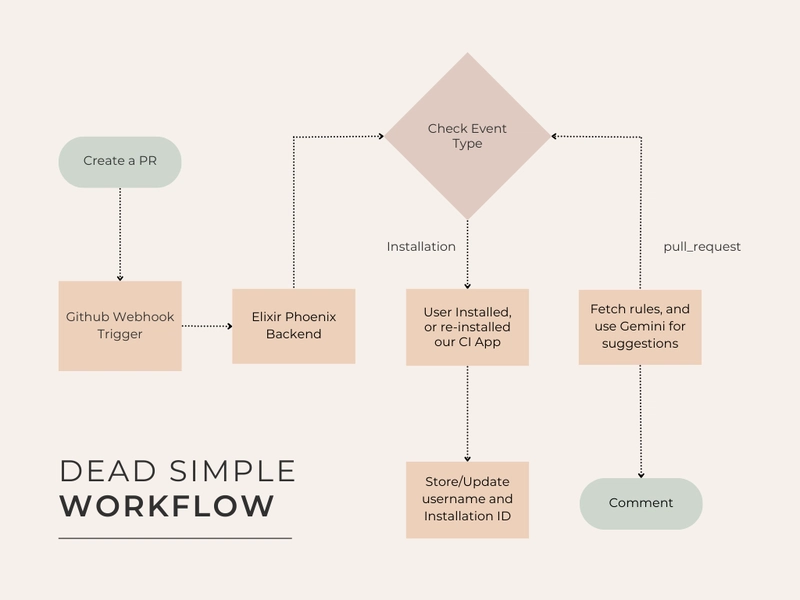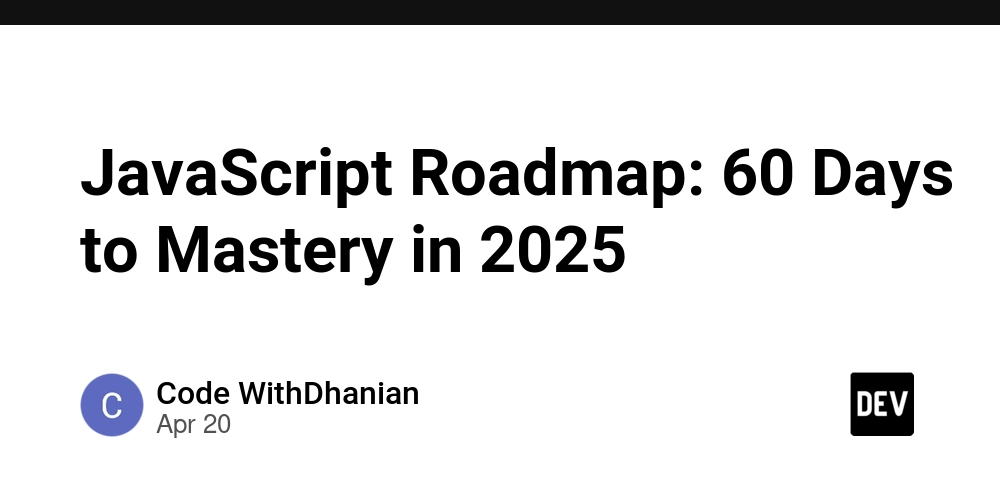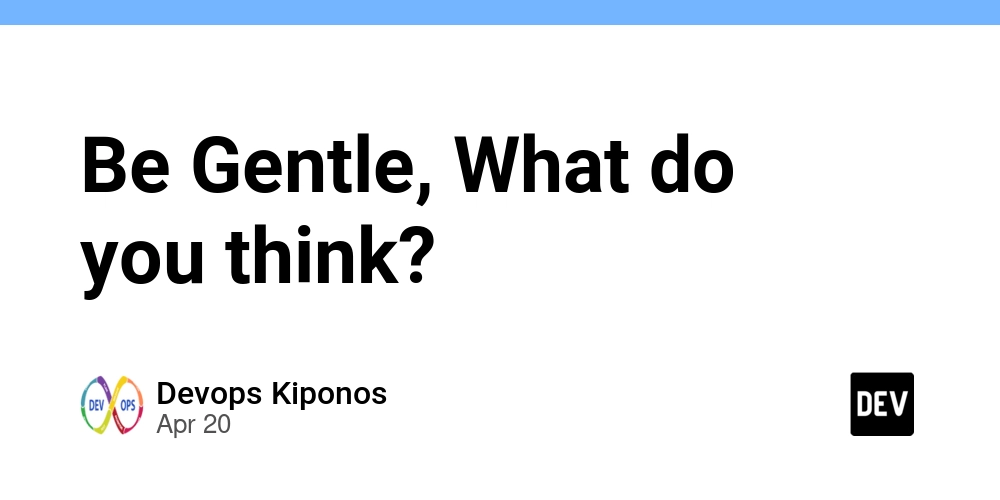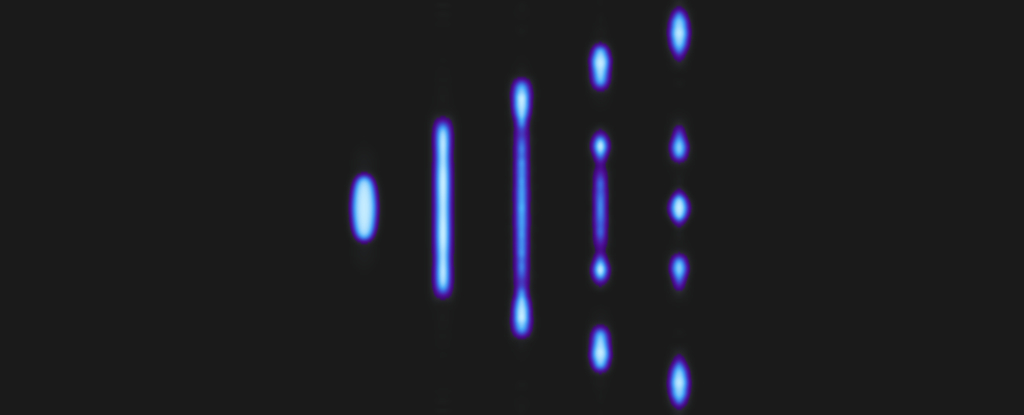IntelliJ IDEA 2025.1 Is Out!
The IntelliJ IDEA 2025.1 release has landed! It delivers numerous refinements across the IDE to enhance your productivity, the quality of your code, and your overall comfort. You can download this version from our website, update directly from within the IDE, use the free Toolbox App, or install it via snap packages for Ubuntu. Download […]

The IntelliJ IDEA 2025.1 release has landed! It delivers numerous refinements across the IDE to enhance your productivity, the quality of your code, and your overall comfort.

You can download this version from our website, update directly from within the IDE, use the free Toolbox App, or install it via snap packages for Ubuntu.
The highlights of this release include full Java 24 support, the introduction of Kotlin notebooks and K2 mode enabled by default, marking a major step toward delivering the best Kotlin experience. Additionally, JetBrains AI has received a significant upgrade, unifying AI Assistant and Junie under a single subscription. The debugging support is also more powerful, with new options to pause and resume watch evaluations.
There are many more updates and refinements across the IDE, briefly covered in this blog post. For a complete list of new features with short demos, visit our What’s New page.
JetBrains AI
With this release, all JetBrains AI features are accessible for free in our IDEs, with unlimited use for some – including code completion and local model support – and limited credit-based access to others. We’re also introducing a new subscription system that makes it easy to scale up as needed with the AI Pro and AI Ultimate tiers. Highlights of this release include smarter completion, advanced context awareness, and support for Claude 3.7 Sonnet and Gemini 2.0 Flash.
Key highlights
- Version 2025.1 provides full support for all features in the Java 24 release, ensuring a seamless experience with the newest language updates. Learn more in this blog post.
- In this release, K2 mode is enabled by default, marking a major milestone in our journey to enhance code analysis, memory efficiency, and overall performance for Kotlin development in IntelliJ IDEA. Active users are already experiencing a smoother workflow, and we’re continuing to address outstanding issues, refine refactorings and inspections, and further improve quality based on your feedback. Learn more in this blog post.
- You can now pause and resume watch evaluations during debugging to control the potential side effects of watch computations.
- Kotlin Notebook, a new interactive environment for JVM developers, is now a built-in feature of IntelliJ IDEA! Kotlin notebooks are perfect for a wide range of tasks – from real-time prototyping, presenting, log parsing, and documentation writing to in-depth data analysis and visualization. Learn more in this blog post.
User experience
- IntelliJ IDEA 2025.1 introduces a Beta version of the new terminal architecture, which is built on a stable, standards-compliant core and uses the IDE’s editor for UI rendering. Learn more in this blog post.
- You can now merge the main menu into the main toolbar on Windows and Linux.
- Search functionality has been enabled in Markdown previews.
- IntelliJ IDEA now defaults to using native Windows file dialogs instead of the IDE’s custom implementation.
- The New File popup is now available from the Project tool window, streamlining new file creation.
- You can set IntelliJ IDEA to automatically update plugins in the background.
Kotlin
- IntelliJ IDEA 2025.1 improves the stability and predictability of dependency resolution in Kotlin build scripts.
- We’ve introduced a long-awaited quick-fix that automatically inserts qualified names in KDoc links to simplify documentation writing.
- The IDE now provides hints about code alterations caused by Kotlin compiler plugins, making their behavior more transparent.
Scala
- The new version provides improved Scala 3 support, including updates for context bounds, givens, named tuples, for-comprehension syntax, and implicit resolution logic.
- The debugger no longer encounters issues stopping at breakpoints inside lambdas in traits and inside lazy vals in
try…catchblocks. - IntelliJ IDEA 2025.1 delivers sbt project improvements, including separate production and test modules and a new Generate sbt managed sources action. Additionally, the New Project wizard now suggests downloading the JDK for new sbt projects.
- The IDE now provides better highlighting for Scala code, with support for Scala 2 macro types, improved type hints, and better handling of kind-projector syntax.
- Code completion now provides partial results during indexing.
- The new version enhances the Code With Me experience by showing auto-import quick-fixes only after edits have been made on the host.
Build tools
- IntelliJ IDEA 2025.1 adds support for Gradle Daemon toolchains, syncing with Gradle’s configuration to let you define the exact JVM for the Daemon and download it automatically when needed.
- It is now easier to access library sources in Gradle projects, as the IDE automatically downloads them when you navigate to a relevant file.
- We’ve improved support for multi-release JARs, ensuring a smoother Maven project setup experience by correctly handling additional source roots with different language levels.
- The new version provides better support for Bazel projects. Learn more.
Version control systems
- Commit details are now displayed directly in the diff view.
- You can now run any custom tool as a pre-commit check alongside inspections and formatting by configuring it in the Run Configuration dialog.
- IntelliJ IDEA now automatically fetches changes when you add or update a Git remote, ensuring you always have the latest branch list and commit history without needing to fetch them manually.
- A new setting allows you to instruct the IDE not to run Git commit hooks.
- We’re refining the non-modal commit workflow, and we’ve moved the modal commit interface to a plugin, which is bundled in v2025.1 and can be enabled in Settings | Advanced Settings | Version Control | Git.
Debugger
- You can now customize the Debug tool window’s toolbar to better fit your workflow by right-clicking next to the kebab menu, selecting Add to Debugger Toolbar, and choosing actions to add from the list that appears.
- During debugging, when inspecting a value that contains markup text, you can now view it with proper formatting instead of as a plain, lengthy string.
The features and enhancements in version 2025.1 that are designed to facilitate work with frameworks, technologies, and databases, as well as the updates for web development, are accessible in IntelliJ IDEA Ultimate only.
Frameworks and technologies
- IntelliJ IDEA automatically creates Spring Data repositories for you.
- The HTTP Client now conveniently opens HTTP requests generated from code in the right-hand editor split.
- The Logical code structure view is available for Liquibase.
- IntelliJ IDEA now allows you to export Kafka records directly to JSON, CSV, and TSV files, making it easier to analyze and share streaming data.
- The new version introduces interactive gutter actions for .tofu files, allowing you to run key OpenTofu commands directly from the editor without switching to the terminal.
- The IDE now recognizes Containerfiles natively, offering syntax highlighting, linting, and snippet suggestions.
- IntelliJ IDEA 2025.1 allows you to write Dockerfile instructions in lowercase, in addition to the conventional uppercase.
- We’ve introduced a new Dockerfile inspection that ensures your
ENTRYPOINTis correctly initiated with exec. - The New Project wizard now provides an option to use a Git-ready Ubuntu image for easier Dev Container setup.
- The IDE now supports the
userEnvProbeoption indevcontainer.json, making it easier to replicate your local shell environment inside Dev Containers. - Support for WSL workflows has been enhanced.
Web development
- IntelliJ IDEA 2025.1 adds support for Angular 17.2 signal queries, smarter reactive form completion, and improved code completion for host binding attributes with quick-fixes.
- The new version improves monorepo support by respecting Prettier configs per subproject, providing smarter auto-imports and path resolution, and delivering faster performance in large Nx workspaces.
Database tools
- IntelliJ IDEA 2025.1 introduces introspection levels for MySQL and MariaDB, automatically adjusting the amount of loaded metadata based on database size to speed up introspection and improve performance. Learn more.
- The IDE now automatically attaches the corresponding schema to the Explain with AI chat, providing more context for query explanations.
- We have implemented support for the use of tildes (
~) in the path fields for SSL certificates and BigQuery key files. - There is now a setting that helps you control the amount of data that’s loaded in each cell.
- For PostgreSQL, MySQL, and MariaDB spatial databases, IntelliJ IDEA can now correctly display geo types raw in the grid.
- IntelliJ IDEA 2025.1 allows you to download drivers from Maven or other custom repositories by adding them to the mirrors attribute in the
HOME_PATH/.m2/settings.xmlfile.
Other
- The IDE no longer supports Linux distributions running glibc versions below 2.28. If your system uses an unsupported version, IntelliJ IDEA will display a warning on startup.
These are the key improvements introduced in IntelliJ IDEA 2025.1. For the full list of changes, please check out the release notes.
We’d love to hear your thoughts on the new features and enhancements. Please connect with us on X or share your feedback in the comments below. If you encounter any issues while using the IDE, report them in our issue tracker.
Happy developing!








































































